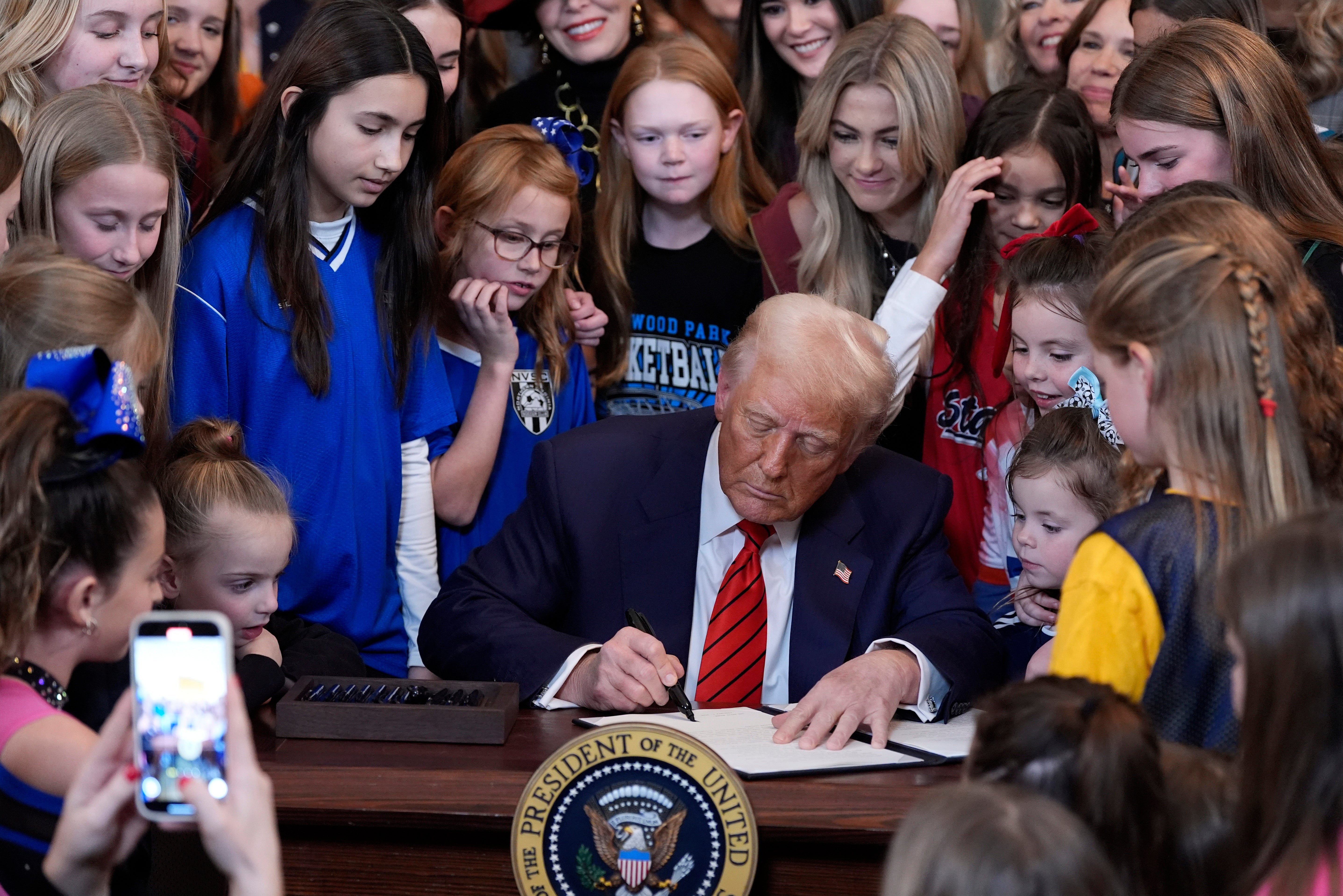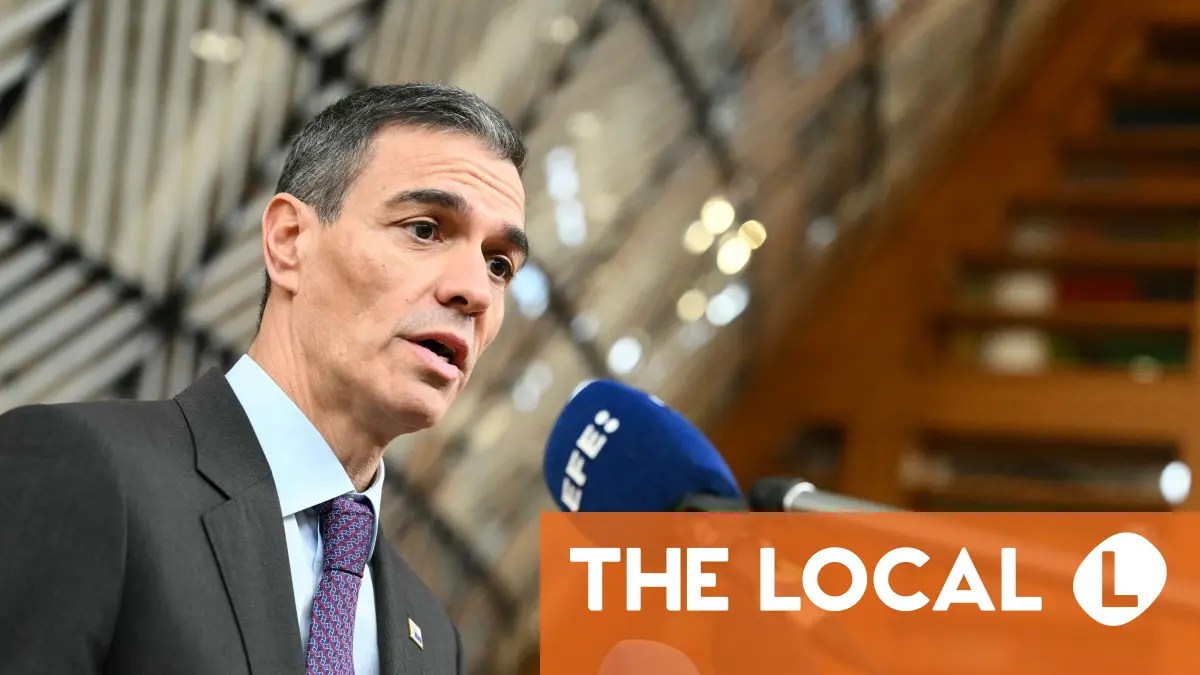Shorouk Express
More than lowering the price of eggs, extending tax cuts, or launching new tariffs against China, or anything else Donald Trump campaigned on, rooting out all signs of diversity, equity, and inclusion has become the main target of Republicans.
And they have successfully wrestled control of the battleground topic from Democrats.
Since taking office, Trump put all diversity, equity, and inclusion workers on leave, and his adviser Elon Musk’s Department of Government Efficiency push for massive spending cuts has singled out purported examples of such work on a seemingly daily basis, equating them with fraud and corruption in nonstop X posts.
More than just changing policy, Trump and Musk have claimed DEI as the malignant force behind every crisis of the new administration, from the deadly aircraft collision above a Washington airport to the fires in Southern California.
It’s a far cry from the politics of just five years ago, when the 2020 police murder of George Floyd launched nationwide protests for racial justice, and an effort everywhere from the federal government to corporate behemoths such as the NBA to signal a commitment to back the very same DEI ideals the Trump administration is now torching.

open image in gallery
Observers say the flip represents an appeal to a long-simmering white anger, and a spectrum of views ranging from principled opposition to the structure of post Civil Rights-era DEI programs to genuine prejudice and paranoia against measures to make a more equal society.
“I just think there’s this sort of white male grievance they’re catering to,” Debra D’Agostino, a Washington employment attorney who’s been deluged with calls from federal employees hit by the anti-DEI purge, told Politico.
Trump himself said as much on the campaign trail.
When asked about the section of his supporters who claim alleged anti-white racism is a greater issue than anti-Black racism, Trump told TIME in 2024, “If you look at the Biden Administration, they’re sort of against anybody depending on certain views…They’re against Catholics. They’re against a lot of different people… I think there is a definite anti-white feeling in this country and that can’t be allowed either.”
This followed years of Trump dismissing prosecutions against him, many of which happened to be led by Black judicial officials — Fani Willis in Georgia, Alvin Bragg in Manhattan, and Letitia James in New York state — as “racist” witch hunts from radical Marxists.
Trump, as ever, was keying into an insurgent tide in the national mood.
Conservative allies such as Florida Governor Ron DeSantis and Texas Governor Gregg Abbott had spent years fighting to limit student access to books and curricular materials highlighting diverse identities, while at the ground level, right-leaning parent groups like Moms for Liberty became raucous fixtures at school board meetings and county hearings, challenging what they saw as a left-wing influence in education, continuing a tide of rage against local school boards that began during the Covid lockdowns.
That all happened as Democrats were pushing DEI ideals and backing the causes. Photos of politicians such as Speaker of the House Nancy Pelosi taking a knee alongside the Black Lives Matter movement went viral. The left heaped praise and the right blasted them on social media.
Democrats pushed for more DEI in government and private companies started to add staff and programs focused on improving inclusion.
But it was the Republican attacks that took over the national dialogue.

open image in gallery
These currents reached their high water mark in 2023, when the Supreme Court, with a strong, Trump-appointed conservative majority, struck down race-based affirmative action in higher education, with Chief Justice John Roberts declaring, “Eliminating racial discrimination means eliminating all of it.”
“That was an energizing moment in the conservative legal movement and in the greater American population,” legal activist Edward Blum, president of the American Alliance for Equal Rights, who helped lead the charge against affirmative action, told The Washington Post.
The Trump campaign, riding this momentum, bet correctly it could peel off some of the traditional Democratic support among Latinos and Black people by arguing it had a better offer: progressives might say they’re about equality, but the GOP would deliver a stronger economy and really make things better for everyone.
The Republicans were right, making unexpected inroads across populations and deep blue urban centers.
At the same time, it tapped into support from an ascendant Silicon Valley right, that had long took issue with everything from local progressive governments in Silicon Valley and San Francisco, to more national issues such as the regulation of hate speech online, much of it designed to protect the same minority communities as DEI.
As Trump took office, the corporate world took notice that the anti-DEI crusader was back at the helm, with companies like Meta pulling back on diversity work and installing a more Trump-friendly board.
In Washington, the Trump administration certainly hasn’t ignored identity, though.
It’s made a major push to investigate purported religious discrimination against Jews and Christians.
Figures such as Musk and Vice President J.D. Vance have expended considerable political capital defending those within its ranks accused of racism, like Marko Elez, a DOGE staffer who Musk said he would reinstate after The Wall Street uncovered old social media posts allegedly from Elez, arguing to “normalize Indian hate” and institute a “eugenic immigration policy.”
Vance, whose wife’s family is Indian, even took California congressman Ro Khanna, whose family is also Indian, to task on X for asking that Elez apologize, accusing Khanna of “emotional blackmail” and claiming, “You disgust me.”
Ironically, even when the administration hasn’t explicitly talked about identity, it has seemed to mirror some of the criticisms its ostensible opponents once launched from the left.
Trump’s pardon of hundreds of January 6 rioters stemmed in part from claims that the justice system had treated them unfairly, with aggressive police, unsanitary jails, and overzealous prosecutors.
He called their treatment a “grave national injustice.”
It sounded a touch like what a Black Lives Matter protester might’ve said about people’s incarceration in 2020.














